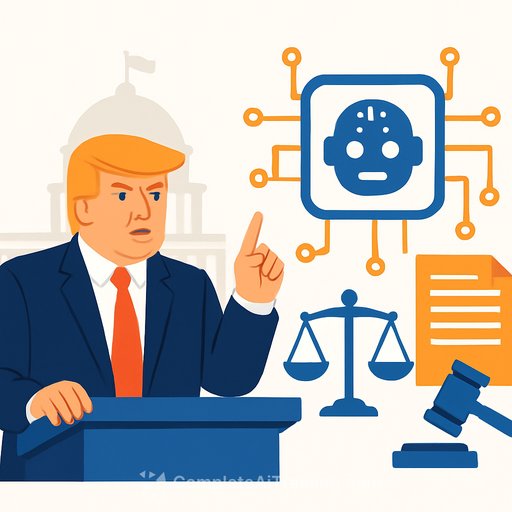Texas Senate Bill 835 and House Bill 149: Key Updates on Sexual Assault NDAs and AI Regulation
Nondisclosure and Confidentiality Provisions for Sexual Assault Claims
Starting September 1, 2025, Texas Senate Bill 835 will invalidate any nondisclosure or confidentiality clauses that bar the disclosure of sexual abuse or assault. This applies to agreements made before the law’s effective date unless a court has authorized nondisclosure through a declaratory judgment.
The law ensures that facts or allegations related to sexual abuse or assault cannot be kept confidential. However, other settlement terms—like payment amounts or unrelated provisions—can remain private under Texas law.
This legislation does not provide a private right of action but renders such confidentiality provisions unenforceable, meaning parties cannot legally enforce secrecy over these specific disclosures.
Texas AI Regulation: House Bill 149 (TRAIGA 2.0)
Effective January 1, 2026, Texas introduces House Bill 149, known as the Texas Responsible Artificial Intelligence Governance Act (TRAIGA 2.0). This law sets out a regulatory framework for AI systems, primarily focusing on state government use but also impacting private employers.
TRAIGA 2.0 establishes oversight mechanisms and ethical standards for AI adoption and management within Texas government operations. It introduces an AI “Regulatory Sandbox Program” that allows controlled testing of innovative AI systems to encourage responsible development while monitoring risks and unintended outcomes.
For employers in Texas, TRAIGA 2.0 prohibits AI systems that intentionally discriminate against protected classes under state or federal law. Unlike traditional anti-discrimination laws, this act does not create a private cause of action; enforcement is handled by the Texas Office of the Attorney General.
Stay Informed on Texas Legal Developments
Keeping up with these changes is crucial for government officials, IT professionals, and developers working in or with Texas. For those interested in expanding their knowledge on AI and its implications, resources like Complete AI Training offer courses and updates on AI technologies and regulations.
Monitoring ongoing legal updates will help organizations adapt and comply with these new rules effectively.
Your membership also unlocks:










